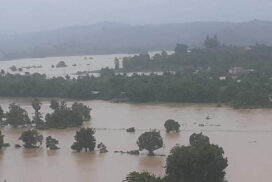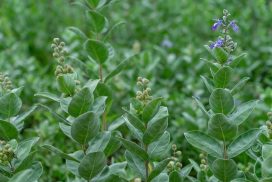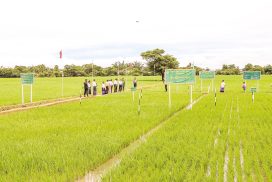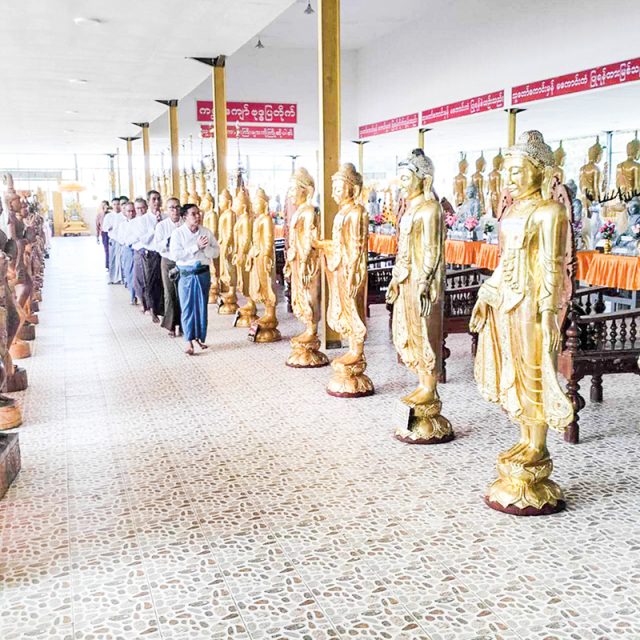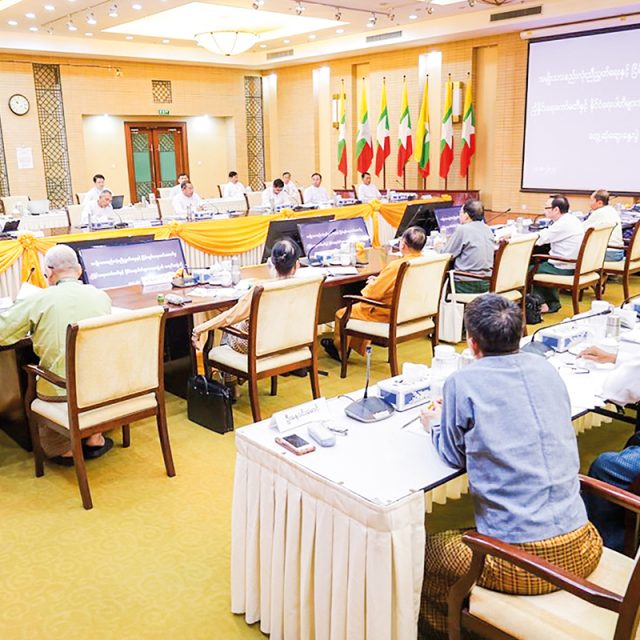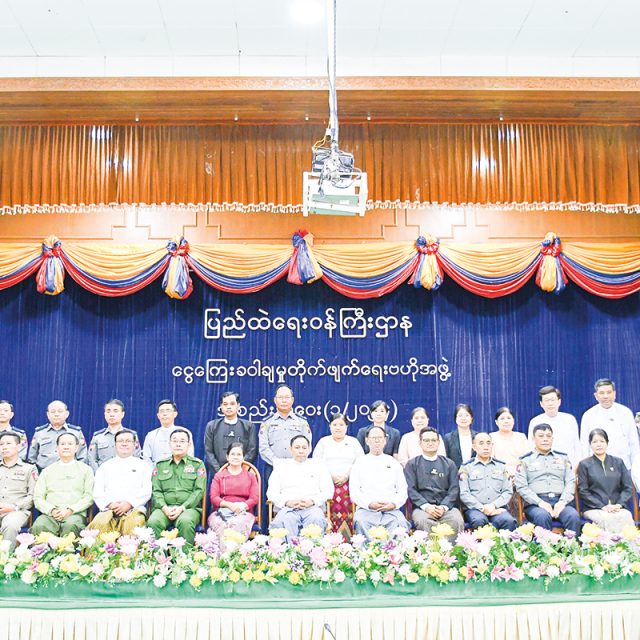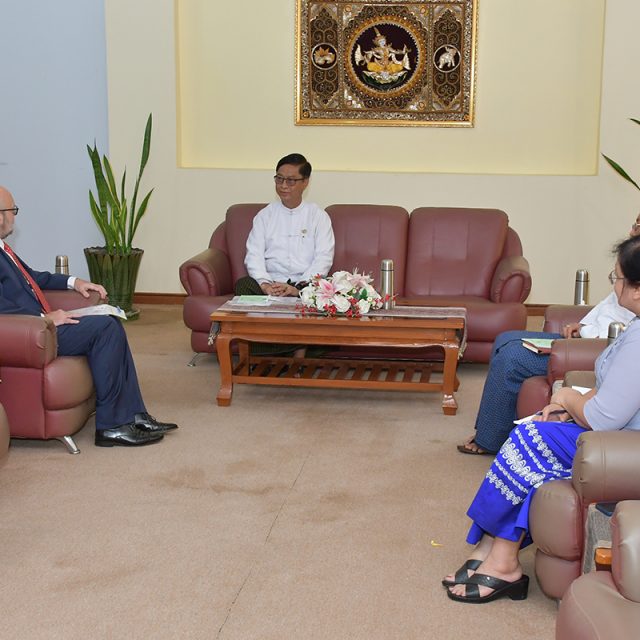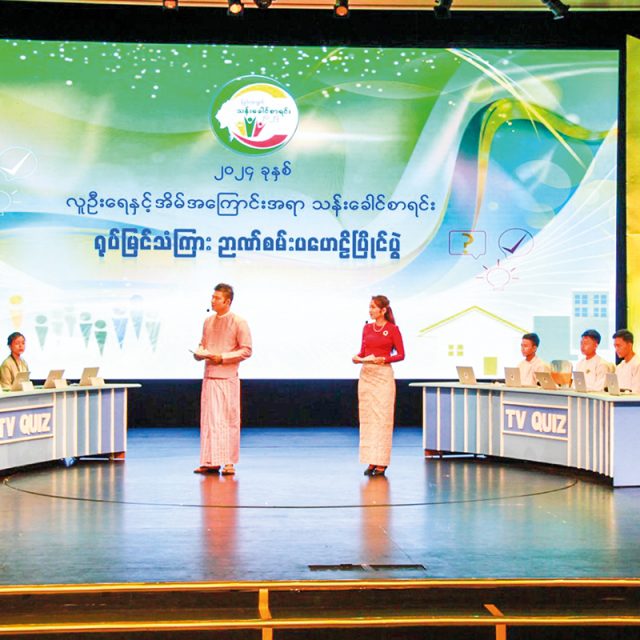Producing quality seeds is crucial for bolstering the agriculture sector, as low-quality seeds hinder crop development and yield. In Myanmar, the proverb “low-quality seeds cannot sprout stronger” reflects this reality, emphasizing the importance of good genetic material in agriculture. For successful farming, it’s vital to use seeds that meet regional standards and are suitable for specific cultivable lands.
Climate change, including global warming, has posed significant challenges to agriculture worldwide, affecting crop yields. Myanmar, like many other countries, has experienced climate-related disasters such as floods, droughts, and soil erosion. These events have a direct impact on the livelihoods of farmers and the overall economy. Therefore, it is essential to develop and use quality crop strains that are resilient to these changing climate conditions.
Even with the use of high-quality natural fertilizers and pesticides, if the seeds themselves are of low quality, achieving the desired per-acre yield becomes impossible. This underscores the need for government intervention in the seed sector. Governments must focus on developing this sector to ensure agricultural growth, food security, and the ability to export surplus crops. Such efforts are vital not only for boosting domestic agrarian productivity but also for earning foreign exchange through exports.
The production of quality seeds should be a priority, as using low-quality seeds and fertilizers can lead to significant losses for farmers and the agriculture sector. In Myanmar, the domestic market is often flooded with fertilizers of various brands, many of which do not meet the necessary quality standards. Counterfeit and blended products further exacerbate the problem, potentially destroying crops and reducing yields.
Myanmar faces the challenge of securing sufficient quality seeds for its agricultural needs. To address this, it is crucial to focus on domestic seed production rather than relying on imports. This approach would ensure a stable supply of quality seeds, reduce dependence on foreign sources, and promote agricultural self-sufficiency. The government is encouraging both local businesses and foreign investors to invest in seed production, recognizing its importance for the nation’s agricultural future. By fostering a robust seed production industry, Myanmar can enhance its agricultural sector, ensure food security, and strengthen its economy.
Myanmar has sound foundations to produce quality strains of seeds appropriate for different areas of the country and geographical and environmental natures. When authorities contribute to the preservation of seeds and the development of production and export of quality seeds across the nation, it will become a country that produces quality seeds for crops in the future and serves the interests of farmers.
Produce quality seeds of crops to bolster the agriculture sector
- August 21, 2024
- 30


